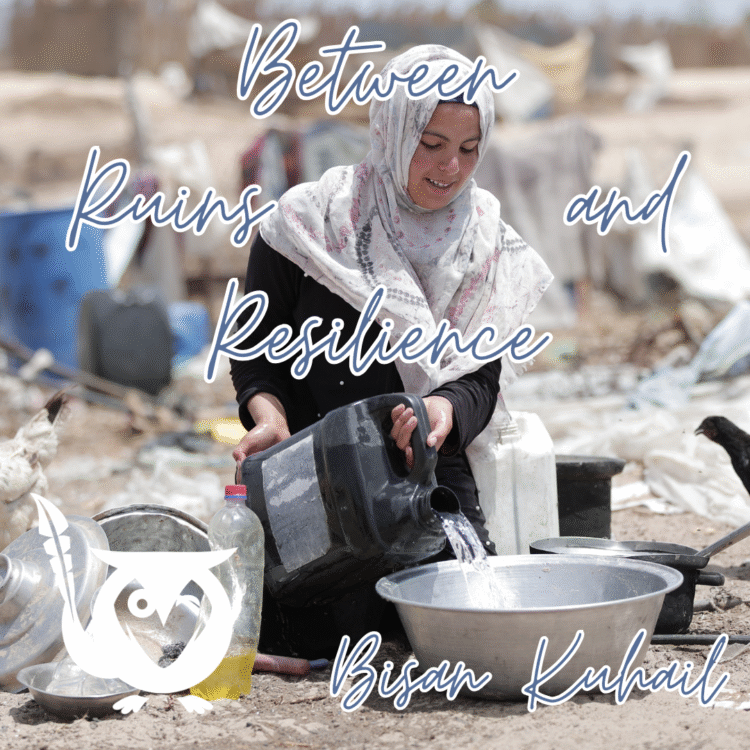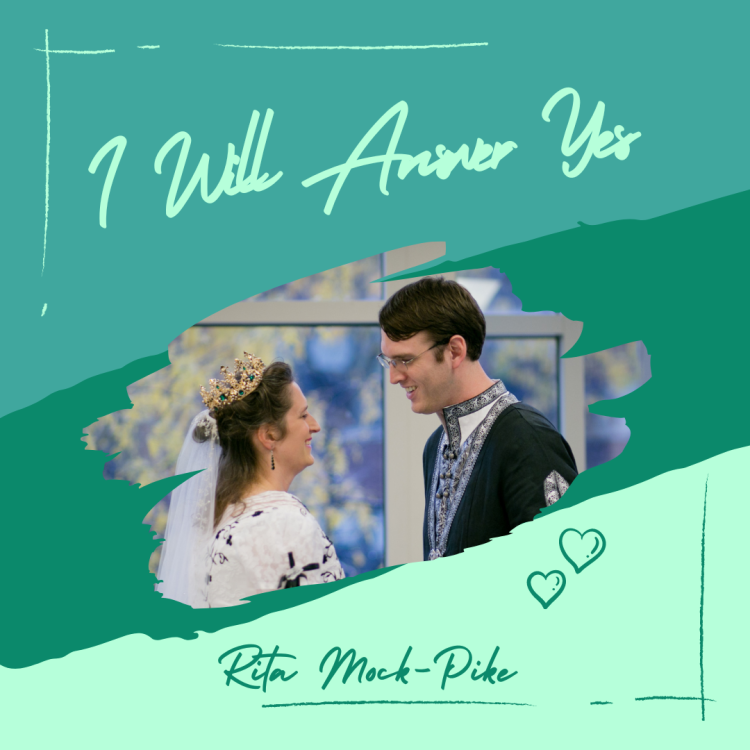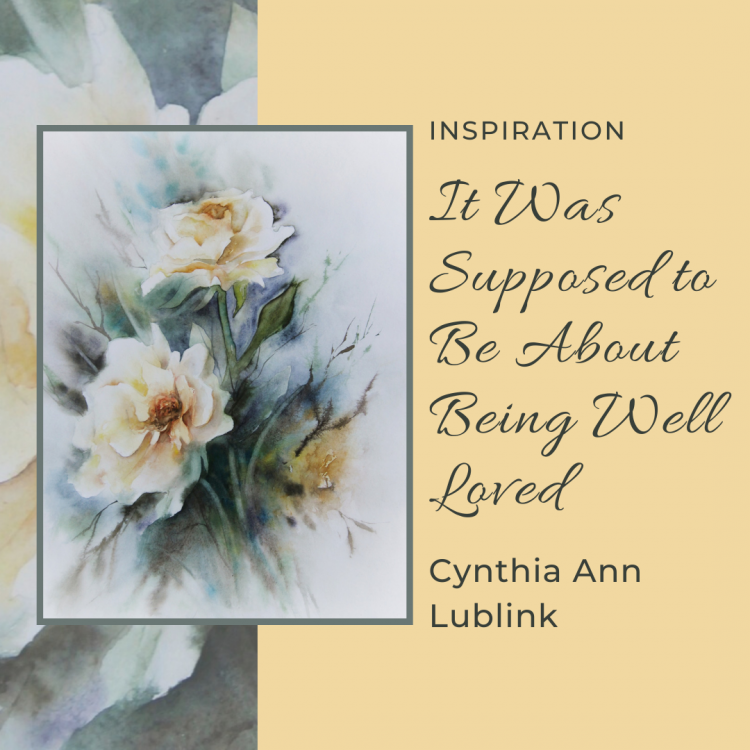Songs of Optimism

Image created on Canva
Bold, thundering C-major chords seize the day with no room for doubt. It’s as if God is in the driving seat full of confidence and all is well. There are no obstructions on the straight and narrow, no one is being martyred, and though there are clouds in the sky, they look more like savory dumplings that might drop manna.
The descending bass notes of the first three chords exude hope and a desire to get to the bottom of things. This is the hymn Bryn Myrddin; Welsh singing at its best.
In what other culture are hymns a performing art, the subject of intense rehearsing, entered for choir competitions and festivals, recorded with applause? You don’t have to be a Christian or a churchgoer to enjoy them.
Nor do you have to be a Welsh-speaker, just as you don’t have to speak Latin to enjoy Fauré’s Requiem or Italian to enjoy La Traviata. And you can relish the opening line of Bryn Myrddin: “Mawr oedd Crist yn nhragwyddoldeb” without feeling challenged to pronounce nhragwyddoldeb, which means eternity and tells us the theme is cosmic.
“Great was Christ” rendered in English would lose the attack of “Mawr oedd Crist” and the satisfying onward flow from the ‘r’ of “Mawr,” a wonderful word whose kissing cousin “maha” in Hindi gives it a universal dimension.
Satisfying also is the way Mawr begins the next three lines. “Great was Christ in Eternity?” Hard to know quite what Titus Lewis meant by that, but J. Morgan Nicholas didn’t quibble when he set the words to music.
Hearing the contemplative simplicity of Theodora (by Watkin Hezekiah Williams) sung a capella, we can imagine dawn above an empty beach under a clear sky with clouds of brushed cotton.
Gwawr wedi hirnos,
hedd wedi loes,
nerth yn lle gwendid,
coron lle croes…
(Dawn after long night,
peace after pain,
strength in place of weakness,
crown in place of cross…)
The lyrics have a satisfying structure, continuing the theme of contrasting opposites.
Peace after pain — the formal feeling of Emily Dickinson. A sense of utter simplicity, that of a floating leaf or a twig whirring in the breeze, in a world empty of similes in which everything is no more than itself. We realize how little we really need. If after that long night we split logs or watch oystercatchers patrolling the shore we do so without striving or grasping.
Gwahoddiad (“invitation” – derived from American hymn “I Hear Thy Welcome Voice”) has the power of a driving yet gentle wind that stirs the tops of pine trees in a high forest whose gloom is enlivened by shafts of sunlight striking through to light the carpet of needles underfoot.
An unrelenting wind in which crows are tossed around, their ragged wings silhouetted against heavy clouds, because in contrast to the lightness of Theodora we are in the dark territory of sacrifice. The hymn singers are invited to cleanse themselves in the precious blood that flowed on Calvary.
Once again there is a contrast with English. In Welsh each syllable of “Calfari” has equal emphasis, which gives the word the emotional impact it needs as the thematic keyword of the hymn. The driving power is maintained with such words as ‘meiau in the first verse whose two diphthongs pack their energy into two notes.
In Rhyd-y-Groes the words sung clearly and passionately, in the operatic tenor of Stuart Burrows, fit the dramatic minor key tune seamlessly, and that wonderful word mawr makes another appearance, ending the first line of the second verse and emphasizing the passion.
The opening lines are:
“Duw mawr y rhyfeddodau maith,
rhyfeddol yw pob rhan o’th waith…”
(“Great God of many wonders,
wonderful is every part of thy work…”)
The Welsh translation by Joseph Harris of English lyrics by Presbyterian minister Samuel Davies.
In a House of Commons debate, Sir Raymond Gower defined a Welsh person as “someone for whom this hymn would send a shiver down their spine.” Which is easy to understand, especially when conveyed in the throaty timbre of Burrows’s voice, which is like no other. We picture dark angels in V-formation, circling and swooping low.
“Gweddi Wladgarol” (Remember our country, gracious sovereign) is hauntingly mysterious, like the secret valleys you glimpse when traveling the winding roads of mid-Wales.
“Y Darlun” (the picture) thrills with understated power. The setting is domestic, with the sense of a slow, gentle, glowing fire in a bedroom, the sound of coals settling, the faint sound of wind in the chimney, the feeling that this sense of peace and security will go on forever. The picture is at the bedside and depicts two hands joined in prayer.
The beautiful words and music of Y Darlun were composed by poet and novelist Thomas Rowland Hughes, who won the bardic chair at the 1937 national eisteddfod and who also wrote the best hymn of all: Tydi A Roddaist. This song of praise maintains a feeling of peace and harmony all the way from the first line, “Tydi a roddaist liw i’r wawr” The first verse translates as:
“Thou who gavest color to the dawn
and charm to the pleasant sunset,
thou who didst design
the poetry and savor
of the spring in the grove,
keep us from losing the charm
which today is wandering
throughout the world.”
It’s as if the whole landscape is breathing, whispering cheerfully, glad to be alive and blessed. The grass blades shimmer, the spines of gorse crackle as if electrified, even the rock outcrops on the rolling hills hum with energy. We remember the picture on the wall of the Sunday School, in which a smiling Jesus is surrounded by skipping children and the fields as far as the horizon are an ocean of crimson poppies.
We remember Old Hundredth sung with relief by the congregation when Tom Sawyer and Huck Finn reappear after being thought lost. Saturated with optimism we set aside our fear for the melting Thwaites Glacier and for the torn limbs in the snow around Bakhmut…
Just for a moment.
All these hymns are on the audiotape Y Gymanfa Ganu.
Need more music inspiration on this World Day of Music? There’s plenty more!
- Those Old Familiar Songs – Positivity Corner
- Throwback – Album Review
- Flute Tranquility – Positivity Corner
- Everything’s Gonna Be Alright – Music Review
- Nobody’s Girl – a Music Fiction Book Review
- The Rift – Music Poetry
- Drop Dead Daisy – A Music Fiction Review

Alex Barr
Alex Barr lives in West Wales and writes poetry, short fiction, and essays. His short fiction collection ‘My Life With Eva’ is published by Parthian Books and he is putting together a third poetry collection. He used to teach architectural design at Manchester Metropolitan University and now teaches Buddhist meditation and creative writing at local venues. His wife Rosemarie is a ceramic artist and he likes to think of her work in people’s homes all over the world. He wishes he had been either Stephen Sondheim or Richard Strauss.
Find more on Alex’s blog.




